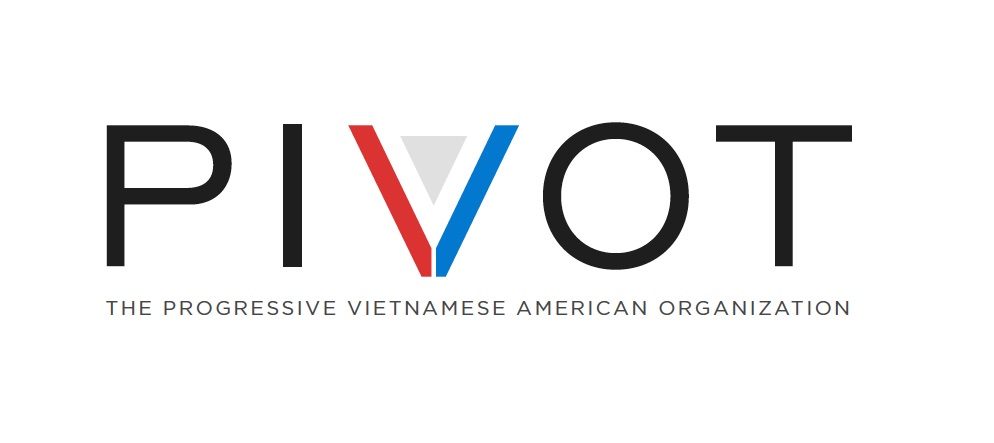How Vietnamese American Voters Responded to the Change from Biden to Harris as the Democratic Candidate for President of the United States
/In the last 16 years, the Vietnamese American electorate has slowly drifted away from the Republican Party when it comes to the Presidential elections. In July 2024, AAPI Data and APIA Vote, which conducted the most comprehensive non-partisan survey in English and Vietnamese on politics of Vietnamese Americans, reported that 40% of Vietnamese American respondents would vote for Joe Biden and 38% for Donald Trump. Since then, the Democratic Party has replaced Joe Biden with Kamala Harris. How has that change affected Vietnamese American voters?
On September 24, 2024, AAPI Data and APIA Vote released its updated survey, which was conducted with 1,064 Asian Americans in English, Chinese, Korean, and Vietnamese. There were 75 Vietnamese Americans in the sample. Among registered Vietnamese American voters, 77% said they would vote for Kamala Harris while only 20% would vote for Donald Trump.
This was an increase of 37% for Harris compared to Biden and a decrease of 18% for Donald Trump from the July 2024 survey. Unlike prior surveys in which Vietnamese Americans were more supportive of Donald Trump than other Asian Americans, in this survey, Vietnamese Americans were the least likely group of Asian Americans to support Donald Trump.
In the survey, over 60% of Vietnamese American registered voters said that they would not vote for a candidate who did not have a policy position that they agreed with on guns (61%), the economy (63%), crime (65%), climate change (69%), abortion (70%), and racism (71%). Only 45% would not vote for a candidate who disagreed with them on immigration and 30% on the Israeli-Palestinian conflict. These survey respondents also thought Harris would do better than Trump on policies regarding China (50% vs. 25%) and Vietnam (48% vs. 20%).
(Right-click in order to see each graph!)
The survey does not directly answer the question of why more Vietnamese Americans prefer Harris over Trump, but we have some possible explanations. The favorable (mistaken or true) association between the Republican Party and anti-communism may have waned as the number who care most about that issue become fewer the more distant the Vietnam war gets. Donald Trump’s support of Vladimir Putin, a Russian communist, and his activities to overturn the 2020 elections likely lessened his appeal to these voters.
Many Vietnamese American voters, particularly younger voters, may care more about other policies than anti-communism, such as economics, jobs, inflation, health care access and affordability. According to Moody’s Analytics, Trump’s economic plan would cause a recession by mid-2025, cost 3.2 million jobs, add over 1 percent to inflation, and reduce middle-class families’ incomes by $2,000. His tax policies also overwhelmingly benefit the richest Americans while Harris’ tax policies would reduce taxes for 100 million working and middle class Americans. Harris’ economic proposal would create more than a million new jobs and increase household disposable income. The Commonwealth Foundation also projects that the Harris administration would reduce premiums and expand access to affordable, comprehensive coverage through the health insurance marketplaces and Medicaid, and protect people from high out-of-pocket costs and medical debt. Furthermore, Donald Trump’s personal conduct and policies may be seen as problematic for women, minorities, and those who support their rights.
Younger Vietnamese American voters may care more about other policies than anti-communism. Trump’s personal conduct and policies are problematic for women and minorities and those who support their rights.
Given the small number of Vietnamese Americans in this one survey, it is premature to conclude that all Vietnamese American voters will be voting 3 to 1 for Harris over Trump. However, the trend is clear. Vietnamese Americans continue to move away from Donald Trump and the Republican Party.









